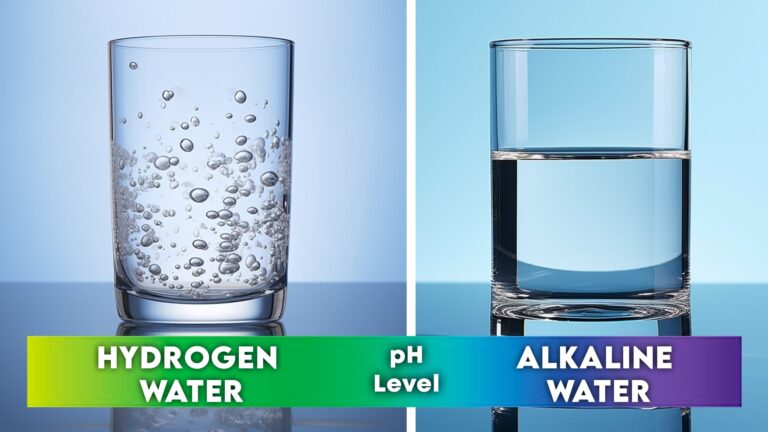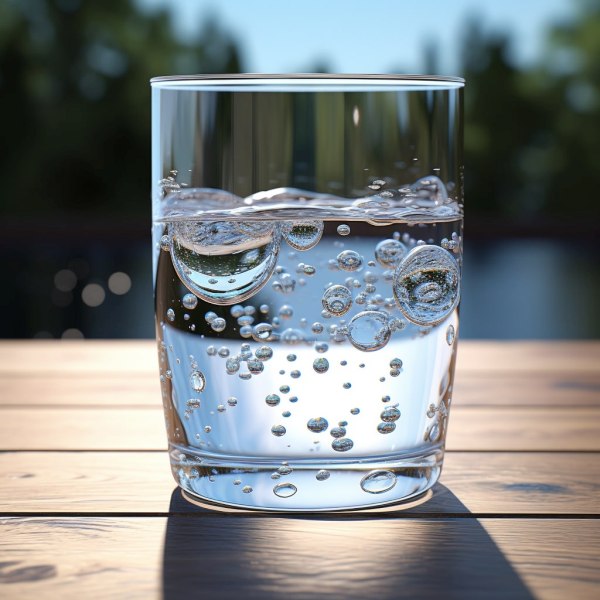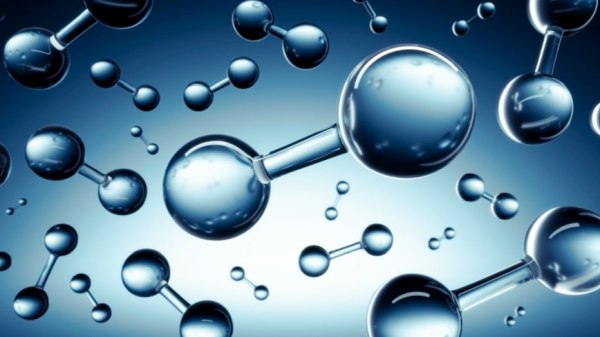Alkaline Water vs. Hydrogen Water, Which One is Better?

Recent Popularity of Alkaline Water
Recently, alkaline water has had an enormous increase in popularity. With sales soaring from $47 million in 2014 to a surprising $427 million in 2017. This phenomenon is based on the idea that alkaline water can correct excess acidity in our bodies, potentially preventing diseases like cancer and arthritis. In this article, we will look at the claims and see how efficient alkaline water really is, and we will compare it to a lesser-known beverage — hydrogen water.
What Is Alkaline Water?

Alkaline water is a specialized type of water that has undergone electrolysis to separate it into alkaline and acid fractions. To achieve its alkaline pH, bottled water, may contain added nutrients.
Alkaline water claims to neutralize acidity in the bloodstream and can therefore be helpful in the prevention of diseases, such as cancer and heart disease. However, it’s crucial to emphasize that more comprehensive research is necessary to substantiate these claims.
Does alkaline water actually offer these health benefits? Before we continue, let’s first discuss hydrogen water.
What Is Hydrogen Water?
On the other side, there is hydrogen water, a relatively lesser-known beverage. Hydrogen water is not about altering the pH of your body, but rather harnessing the unique properties of molecular hydrogen (H2). This gas, composed of two hydrogen atoms, is believed to boost potent antioxidant capabilities that selectively target harmful free radicals.
While alkaline water primarily focuses on pH levels, hydrogen water takes a different approach by enhancing the body’s internal defences against oxidative stress.
Alkaline water and hydrogen water are both believed to have health benefits, but could one of them potentially be better than the other?

Does Drinking Alkaline Water Actually Have Health Benefits?
To truly understand if alkaline water lives up to its health claims, it’s essential to explore the intricacies of the body’s pH regulation. Unlike urine, which can indeed be influenced by dietary choices, the pH of our blood is a tightly regulated parameter that remains within a narrow range of around 7.4. This strict control is vital because the enzymes in our body are finely tuned to work optimally at this pH level. Any substantial variation in blood pH could be life-threatening.
As previously discussed, the consumption of alkaline water cannot significantly alter the pH of the blood. This assertion is supported by Dr. Tanis Fenton, an adjunct professor at the University of Calgary and an evidence analyst for Dietitians of Canada, who conducted a systematic review on the association between alkaline water and cancer. Her findings show that there is no exact evidence showing that alkaline water produces health benefits.
While some people argue that alkaline water can neutralize excess acidity, the reality is that the stomach’s highly acidic environment quickly neutralizes alkaline water upon ingestion. For alkaline water to have a meaningful alkalizing effect, it would need an alkaline buffer, such as baking soda (sodium bicarbonate). However, alkaline water lacks such buffers, leading to its immediate neutralization in the stomach. This neutralization negates any potential “net alkalizing effect”.
Furthermore, the initial improvements people report when drinking alkaline water is most probably the result of better hydration due to increased water intake. Additionally, the higher mineral concentration often found in alkaline water, compared to regular tap water, could contribute to some perceived health benefits.
Health Benefits of Hydrogen Water

The rise of hydrogen water can be traced back to Japan in the 1930s when studies on electrolyzed reduced water (ERW) began. Over the decades scientific evidence surrounding ERW has suggested various health benefits. And what truly drives these benefits, is the presence of molecular hydrogen (H2) during electrolysis.
Molecular hydrogen (H2), acts as a potent antioxidant by selectively targeting and neutralizing harmful free radicals, thus reducing oxidative stress within the body. H2 activates the Nrf2 pathway, a cellular defence mechanism that triggers the production of cytoprotective enzymes like glutathione, superoxide dismutase, and catalase. These enzymes maintain cellular health by mitigating oxidative damage.
Additionally, over a thousand peer-reviewed studies have demonstrated H2s effectiveness in over 170 different human and animal disease models, demonstrating its extensive therapeutic potential.
Can Alkaline Water Help Prevent Cancer
One of the primary health claims associated with alkaline water is its role in cancer prevention. However, the way tumors work, is they inherently produce acidity. A study from the Moffitt Cancer Center revealed that tumours generate their acidity as part of their nature, and they do so even within an alkaline cellular environment. This finding challenges the idea that alkaline treatments are effective in treating cancer.
Another study conducted by the National Cancer Institute explored the use of vitamin C (ascorbic acid) as a potential integrative treatment for cancer. The case study shows that cancer cells are most likely vulnerable to acidity rather than alkalinity.
Conclusion
To summarize, the assertions made by alkaline water lack solid scientific backing, whereas hydrogen water presents a promising prospect for enhancing health. If you’re seeking better wellness solutions, it’s essential to differentiate between marketing hype and scientific evidence. Ultimately, your choice may hinge on whether you prioritize pH levels or if you want to enhance your health.
By choosing hydrogen water, over alkaline water, you are making a step in the right direction. We will help you to continue your journey to a healthy lifestyle. Click here to contact us. Or, check out our home-based cancer care program.